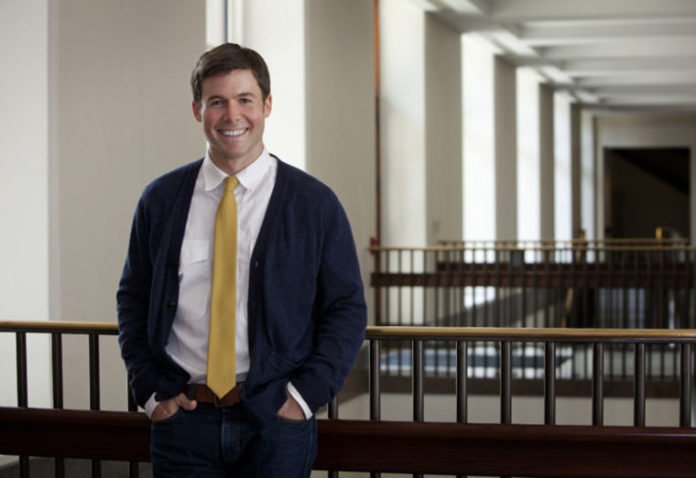According to a new study by Andrew Knight, associate professor of organizational behavior at Washington University in St. Louis, people working in customer-facing companies, such as retailers (or cartoon burger joints), tend to be happier at work. Means, workers for organizations additionally expelled from coordinate client association — fabricating organizations, for instance (or treehouse treat industrial facilities) — have a tendency to be less cheerful.
The study also shows that the wonder isn’t restricted to people who work straightforwardly with clients. It influences everybody at the organization — relying upon whether the organization itself bargains all the more straightforwardly with end consumers.
Knight said, “The accountants who work in a grocery store company would be happier than the ones who work at General Mills. We’re trying to make the point that it’s broader than the people who are directly engaged with customers.”
“Workforce strain is extremely expensive that productivity losses to absenteeism cost U.S. employers nearly $1,700 for every worker, totaling $226 billion a year. There’s also the human, goodness-of-life component. If people are sick and don’t want to come into work, that’s not a good outcome.”
The study involved more than 24,000 survey responses by employees, leaders and human resources workers at 161 small- and medium-sized firms in Germany. Distinct groups of specialists rounded out studies estimating how emphatically or contrarily they saw their work; how transparently they could express feeling at work; their level of enthusiastic fatigue; and how thoroughly the organization controlled or brought together their work.
The scientist also measured the degree to which companies value “emotion-focused personnel practices.” He found that associations that tend to esteem outward articulations of feelings — once more, those that are more client confronting — had a tendency to have more joyful specialists. On the other side of being more positive, the analysts found that those same more joyful laborers in more client confronting associations additionally had a tendency to be more positive.
Although, “neutralizing” emotions on the job may be more emotionally taxing at work than making a conscious decision to mask your emotions when, for example, a customer is particularly difficult to work with. Workers can commiserate in a back room after an unpleasant encounter, which ultimately contributes to a more positive “affective tone” in the workplace.
Knight said, “For every customer who is a pain in the neck, there’s probably a customer who is a true delight.That is a part of people-centric work that maybe doesn’t exist in some of these other worlds — like manufacturing.”
For every customer who is a pain in the neck, there’s probably a customer who is a true delight. That is a part of people-centric work that maybe doesn’t exist in some of these other worlds — like manufacturing.
Scientists noted that the study represents only a snapshot in time, in a specific geography. Additional research into this area might look at these issues over time and in other parts of the world, as well as in much larger or much smaller organizations.
The paper, published in the February edition of the Academy of Management Journal.


